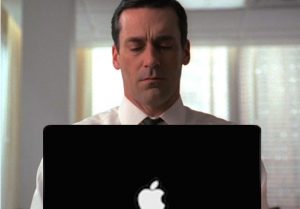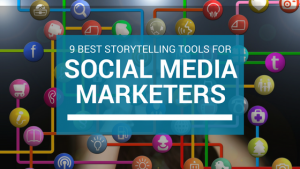
The past is an opening into our future. Throughout history, there have been epic moments when the world changed with the invention of a new technology or an advancing generation. For example, the Industrial Age emerged around the 1750’s and brought dramatic shifts in lifestyle and work systems. The world became a different place, both in landscape and process. People left the country and moved into the cities, creating a more urban society that relied more heavily on machinery.
More recently, new computerized technology changed society from an urban lifestyle to a more global community. This Knowledge Age introduced computers and the internet upon the world. People experimented with and began to find new ways to use these inventions and streamline work. The Knowledge Age established technology and globalization as mainstream for how we do business.
An emerging new age takes the inventions of the past and expands their use for today’s society. In this new age, two-dimensional meetings occur on computer screens, instantaneously connecting people throughout the world. Coffee shops function as offices. New entrepreneurial businesses create a website, business cards, and invoices with the click of a button, and the emoji become the technology version of body language. You can talk to your staff while either sitting on a beach sipping a refreshing drink or walking to your next meeting. Texting a request for information usurps sending an e-mail, and then the information you requested magically appears on your phone. Products ship in hours or a day instead of a week and employees use these changes to create a different lifestyle.
A new generation of young professionals is also emerging that will play a role in our new age. This younger generation will make up approximately 50% of the workplace in the coming years and, as with past generations, will find new ways to use technology to change business. As this new age emerges people within a business look for ways to stay relevant in the search for talent and effectiveness. James Heskett suggested in his book, The Culture Cycle, that culture, “can account for 20-30% of the differential in corporate performance when compared with ‘culturally unremarkable’ competitors.” Based on these statistics you can increase your chances of success by 20-30% with an intentional plan to enhance employee engagement as you move into the new age of business. Transforming your company starts with changing your way of thinking. Here are a few factors to consider if you are looking to transform your company in this new emerging age of business.
Flexibility
With the advancements in technology, the need to sit at a desk is no longer a necessity. When you have the flexibility to work at different places and different times you offer a benefit to the younger age generation that does not confine them to the processes of the past. Find a flexibility system that works for your company remembering that your human capital changes the way you do business.
Welcoming Environment
It is easy in today’s world for employees to say that they like the work, but do not like the place and consider a move on to another workplace. Work is taking on a different meaning as we enter this new age. Particularly with an increase in the number of hours we are working in a week. You can increase the retention of your employees, improve the talent pool, and increase productivity by offering the benefit of a welcoming environment.
Managed Tasks
Manage tasks in a way that keeps employees busy and on target, but does not overwork them. Employees who are happy and engaged add value to your company with increase productivity, engagement, and reviews of your business in this social media world. When you measure tasks by time and completion date you give employees the opportunity to complete work in a systematic way that adds productivity without waste. Accountability also increases because tasks measure productivity instead of time in the office. You also can more effectively determine who is not pulling their weight.
Meaningful Work
Engagement and productivity increase if employees like their job. Take time to match jobs with employee interests and skills intentionally. Sometimes a small shift in the work placement can change the effectiveness of an employee. When you use employee interest’s and competencies as a component in job placement, you alter the meaningfulness of the work, which in turn, improves the productivity of the worker.
Valued Time and Energy
Benjamin Franklin, who lived during the era of the emerging Industrial Revolution once wrote, “time is money.” Usually this quote supports hard work of employees, however, quote applies to both the employee and the employer. Employers who do not value an employee’s time, expertise, and production reduce the connection between the human capital and the company. This weak link impacts the overall strength of your business causing breakdowns in communication, productivity, and engagement.
When looking for ways to make your business more effective, think about how these possible changes might impact your organization. An intentional plan along with matching actions (with timelines) help you consider your options for transforming your business process.
Business & Finance Articles on Business 2 Community(56)
Report Post








